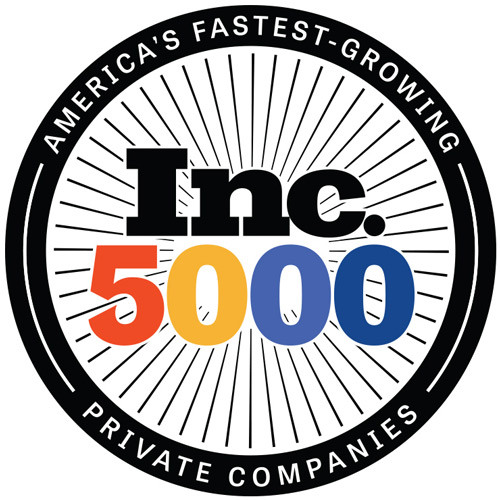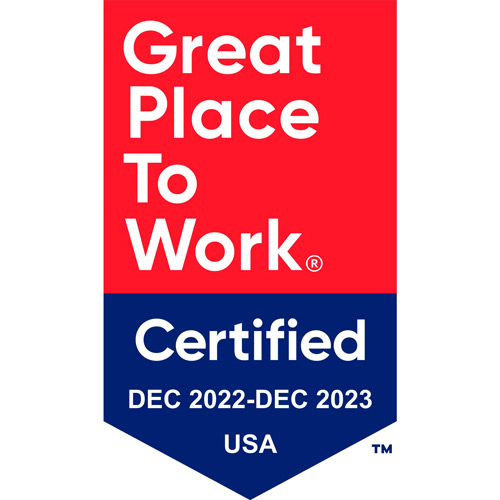Simplifying Compliance: A Practical Guide from a Regulatory Compliance Consultant
- Jessica R.
- December 14, 2023
- Edited December 14, 2023
Table of Contents
In today’s ever-evolving business environment, the word ‘compliance’ often brings with it a sense of complexity and, sometimes, apprehension. However, it doesn’t have to be this way. As a regulatory compliance consultant, I’ve spent years demystifying the process of adhering to regulations for businesses of all sizes. The key is simplification. In this blog post, we’ll delve into how simplifying compliance can not only make your life easier but also enhance the overall health of your business. We’ll explore practical tips, strategies, and insights that I’ve gathered over my career, all designed to streamline your compliance process. Whether you’re a startup navigating initial regulations or an established corporation seeking to improve your compliance procedures, this guide will provide valuable insights to make compliance a less daunting task.
Understanding Compliance Basics
The first step in simplifying compliance is to thoroughly understand what it means for your specific business. As a regulatory compliance consultant, I often find that confusion and complexity arise from a lack of clear understanding. Each industry has its own set of regulations, and within those, specific requirements vary depending on various factors like company size, location, and the nature of the business. Breaking down these requirements into digestible parts is crucial. Start by identifying the key regulations that apply to your business. Then, dissect these regulations to understand what exactly is required of you. This approach transforms a large, intimidating task into a series of smaller, manageable ones.
Streamlining Compliance Procedures
Once you have a solid grasp of the regulations relevant to your business, the next step as a regulatory compliance consultant is to advise on streamlining the process of adhering to these rules. Often, businesses get bogged down with inefficient compliance procedures that are time-consuming and resource-intensive. The goal is to make these processes as efficient as possible. This can be achieved through automation, where feasible, and by establishing clear, straightforward procedures. Implementing compliance software, for example, can automate tasks such as data collection, monitoring, and reporting, thus reducing the risk of human error and saving valuable time.
Creating a Culture of Compliance
A key insight from my experience as a regulatory compliance consultant is that simplifying compliance is not just about procedures and systems; it’s also about people. Creating a culture of compliance within your organization is pivotal. This involves educating and training your staff on the importance of compliance and how to achieve it. When employees understand the significance of compliance and its impact on the business, they are more likely to take ownership of it. Regular training sessions, open communication, and a clear understanding of the consequences of non-compliance are essential in fostering this culture.
Regular Compliance Audits and Assessments
Continuing our journey in simplifying compliance, an effective strategy recommended by any seasoned regulatory compliance consultant is the regular conduct of compliance audits and assessments. These are not just formalities; they serve as a health check for your business’s compliance status. Regular audits help identify potential areas of non-compliance before they escalate into bigger issues. This proactive approach not only helps in maintaining compliance but also in understanding how regulatory changes might affect your business. Simplify this process by establishing a routine schedule for audits, using checklists tailored to your industry standards, and engaging with compliance experts who can offer an external perspective.
Leveraging Technology for Compliance Management
In today’s digital age, leveraging technology is a game-changer in the field of compliance. As a regulatory compliance consultant, I’ve witnessed firsthand the transformative power of technology in simplifying compliance processes. Utilizing compliance management software can centralize and automate many aspects of compliance, from tracking regulatory changes to managing documentation and reporting. These tools offer real-time monitoring and alerts, ensuring you’re always on top of your compliance obligations. The key is to choose technology solutions that are intuitive, scalable, and tailored to your specific industry needs, thereby making compliance management more manageable and less time-consuming. For more details visit us at https://gmppros.com/.
Staying Informed and Adapting to Changes
The regulatory landscape is dynamic, with rules and regulations frequently evolving. A critical aspect of simplifying compliance is staying informed about these changes. As a regulatory compliance consultant, I emphasize the importance of having a system in place for monitoring regulatory updates. This can be achieved through subscriptions to industry newsletters, joining professional organizations, or partnering with compliance experts. Moreover, being adaptable to change is crucial. When new regulations are introduced, quickly assessing their impact on your business and adjusting your compliance strategy accordingly is essential. This agility in adapting to changes not only ensures continuous compliance but also positions your business as a proactive and responsible entity in your industry.
Conclusion
Simplifying compliance might seem like a daunting task, but with the right approach, it is certainly achievable. By understanding the basics, streamlining procedures, creating a compliance culture, conducting regular audits, leveraging technology, and staying informed about regulatory changes, compliance can become a less intimidating and more integrated part of your business operations. Remember, the goal of compliance is not just to avoid penalties but to build a robust, ethical, and sustainable business. As a regulatory compliance consultant, I’ve seen the positive impact that a simplified approach to compliance can have on a business, and I hope these insights help you on your path to achieving a streamlined compliance process. Compliance doesn’t have to be a burden; with the right strategies, it can be a valuable asset to your business.
Read More:
Maximizing Business Success with a Regulatory Compliance Consultant

Jessica R.
Jessica is a seasoned GMP compliance consultant and technical writer specializing in pharmaceutical manufacturing, data integrity, and quality assurance. With over 12 years of experience working with global pharmaceutical firms, Jessica brings deep industry insights into FDA, EMA, and MHRA regulations.


